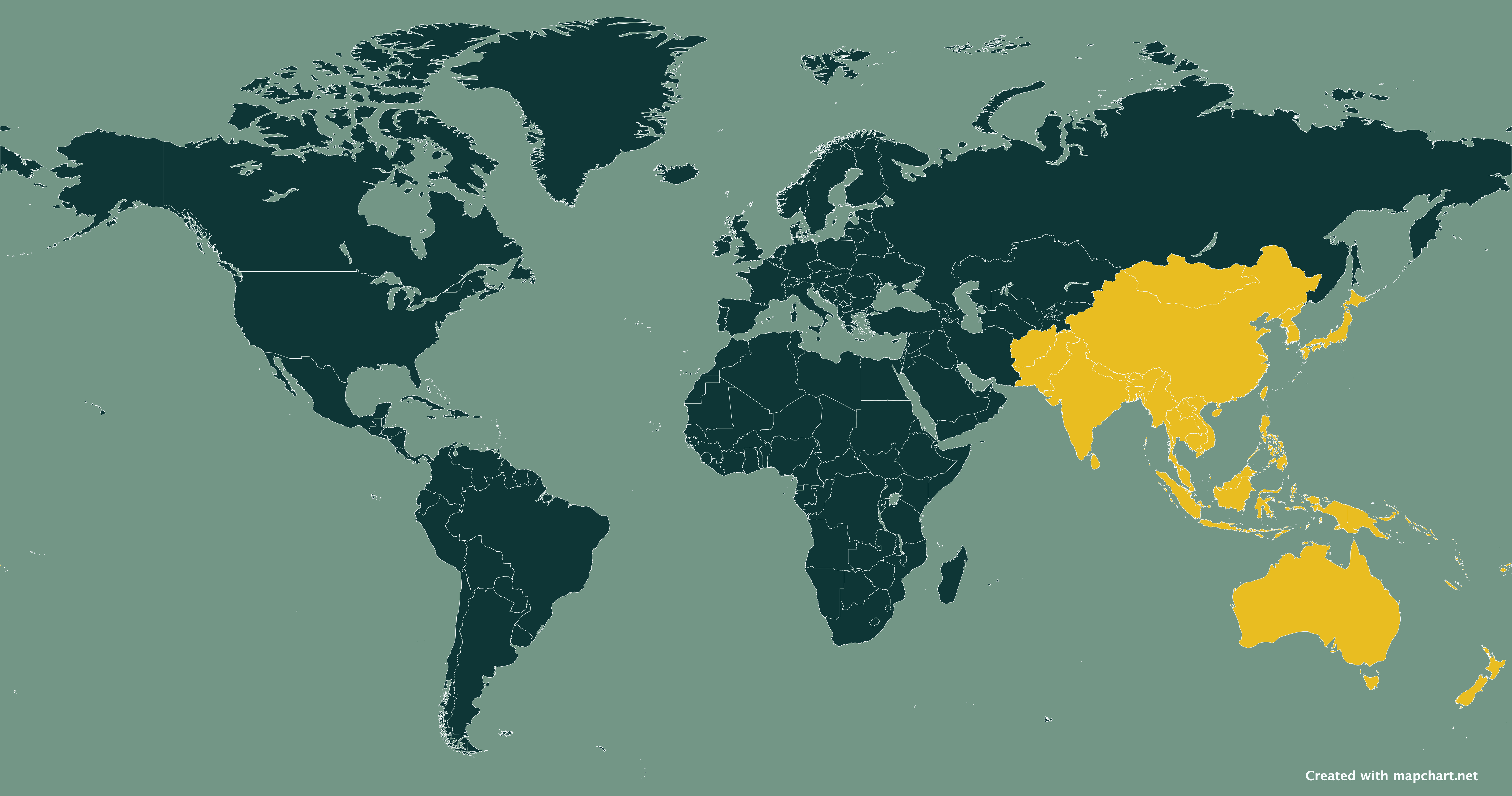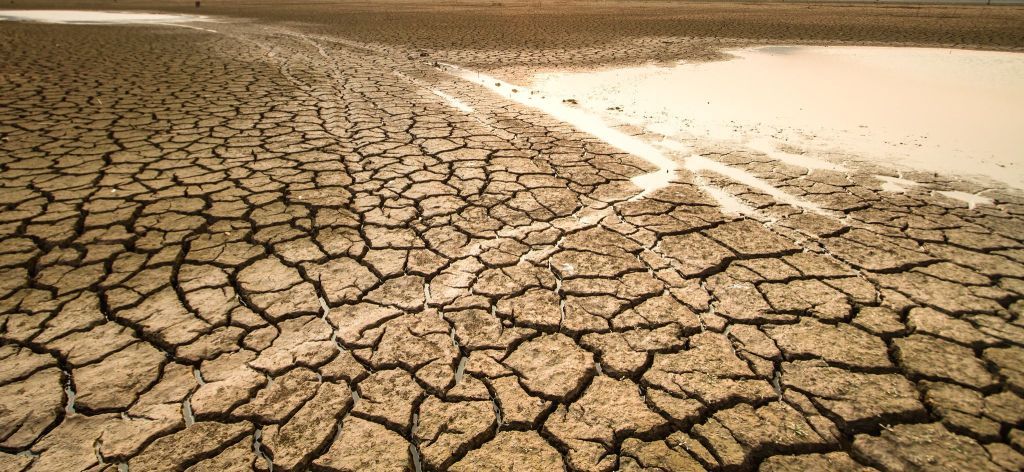Asia-Pacific
At the Global Council, we are dedicated to advancing the rights of refugees and migrants across the Asia-Pacific region.
Join this network
Regional context
The Asia-Pacific region presents a complex refugee protection landscape with multiple displacement situations, as well as protracted refugee situations. However, vulnerable populations in the region often face multidimensional challenges, from inadequate legal frameworks for protection, limited access to asylum procedures, and restrictive policies that often hinder their access to the most fundamental human rights. The Council advocates for the implementation of international human rights norms within domestic structures to protect the rights of refugees and migrants in the region.
The Network
The Asia-Pacific network was founded following the Council’s regional consultation in Bangkok in 2024, co-hosted by Asia Pacific Refugee Rights Network and the Office of the United Nations High Commissioner for Human Rights. Through convening members at a regional level, the aim of the network is to be able to identify the key issues facing refugees and migrants in the Asia-Pacific region with the practitioners. We work alongside experts to tackle these issues collectively and collaboratively, with and for displaced communities. We support a growing community of over 90 members based in the region with their community and strategy development, litigation and advocacy, and training needs.
As a member of the network, you can connect and collaborate with other members in the region via a dedicated listserv and Signal group. Through these platforms you can share real-time updates and questions, identify opportunities for support and collaboration, and distribute important news and events.

Regional Work
The Asia-Pacific is extremely diverse in its approach to refugees and migration. We therefore organize our work by sub-regions to ensure that we tackle the localized as well as regional-wide challenges.
Currently, we have a focus on South Asia, where we began our network. Our work in this subregion is coordinated by a dedicated litigator, who is embedded in one of our partner organizations.
In South Asia, refugee and migrant rights are granted requisite protection due to the absence of comprehensive national legislation and policies in all the countries within this region. Countries are not signatories to the 1951 Refugee Convention, and their ad-hoc approaches to refugee protection have exposed forcibly displaced persons to a lack of access to basic rights and services, arbitrary detention, and even deportation. Public perception of refugees as illegal immigrants in these countries has further complicated advocacy efforts. We aim to address these challenges by advocating for legal reforms, challenging unlawful detention and deportation, and building strategic litigation and advocacy networks to enhance refugee protection.
Community-Building & Strategy Formation
The Council is working with members in the region to co-create a regional strategy for advancing refugee and migrant rights. Some of the core priorities we are currently working on include:
- Supporting members in the region to engage in advocacy, strategic litigation, and policy reform to reduce indefinite detention and deportation, and also ensure better protection for detainees;
- Identifying litigation and advocacy opportunities to ensure the legal status of refugees at risk of statelessness; and
- Strengthening regional cooperation to identify challenges and explore opportunities to advance the harmonisation of international human rights norms within domestic legal systems.
Technical Assistance
The Council provides free technical assistance to members working on litigation in national, regional, and global forums to protect refugees and migrants’ rights. This includes case strategy development, drafting legal arguments, research, evidence-gathering and more. Our collaborations, which bring together community organizations, refugee leaders, and lawyers, have delivered justice for thousands of refugees and migrants in courts across the world.
See our latest successes and impact in the Latest Regional Highlights section below.
Capacity Building
We provide tailored training and resources to enable members in the region to increase their impact, think ahead and pivot quickly to tackle new challenges. Types of assistance we provide include: responding to members’ requests to run training on specific issues (such as challenging externalization policies) or legal strategies (such as how to best use regional court mechanisms) or skills (such as how to engage with the media).
Look back at the latest training we have run for our Asia-Pacific members in the Latest Regional Highlights section below.
Regional litigator

Nandini Shinde
As a human rights lawyer advocating for refugee protection, Nandini coordinates and supports the Council’s South Asia regional network. In collaboration with members of the network, she identifies high impact strategic litigation and advocacy to advance the rights of forcibly displaced people across the region.
Get in touchRequest support in your region
Get supportMembers of the GSLC in Asia-Pacific
Select the category to see the members
Recent Regional Highlights

Amicus Brief Challenging Conditions of Detention in Mexico
Mexico Ninth Collegiate Court on Administrative Matters of the First CircuitThis amicus brief addresses Mexico’s obligations under international law to uphold adequate detention conditions and ensure migrants’ access to healthcare while in detention. It highlights the need for compliance with international standards to protect migrants' rights and well-being.
View more

2024-08-06